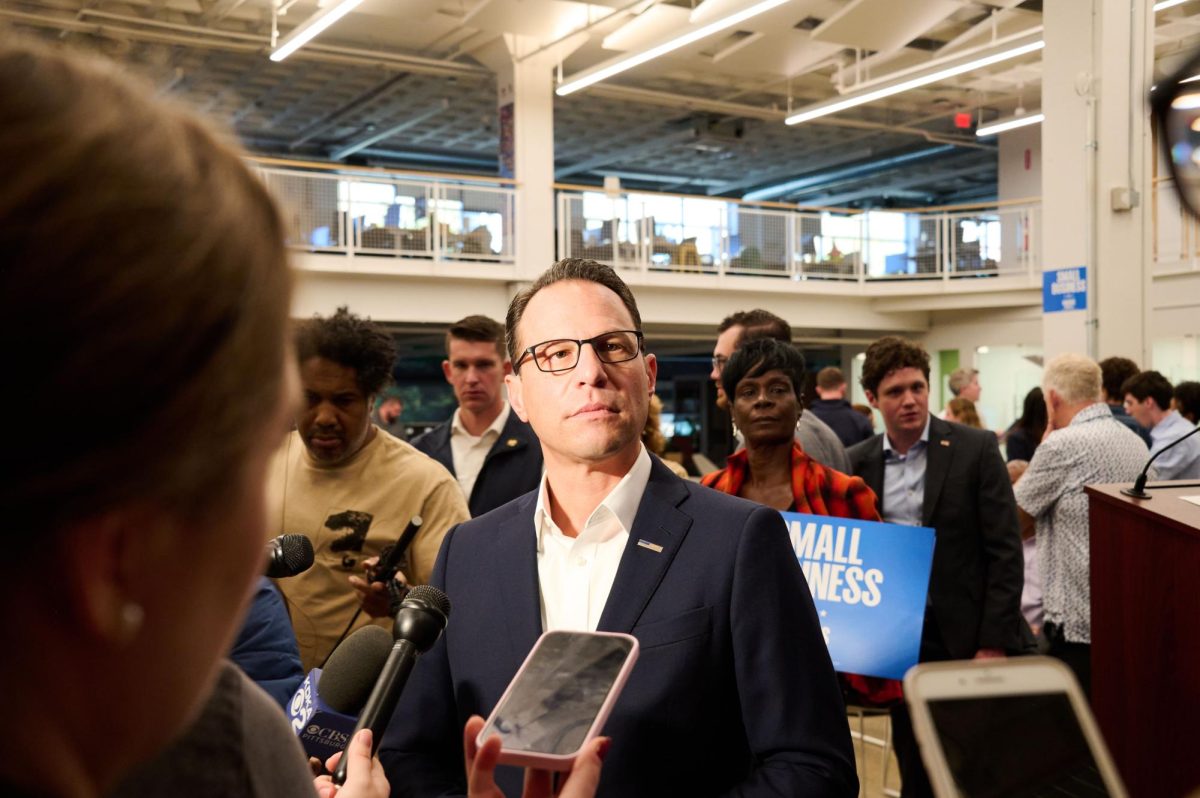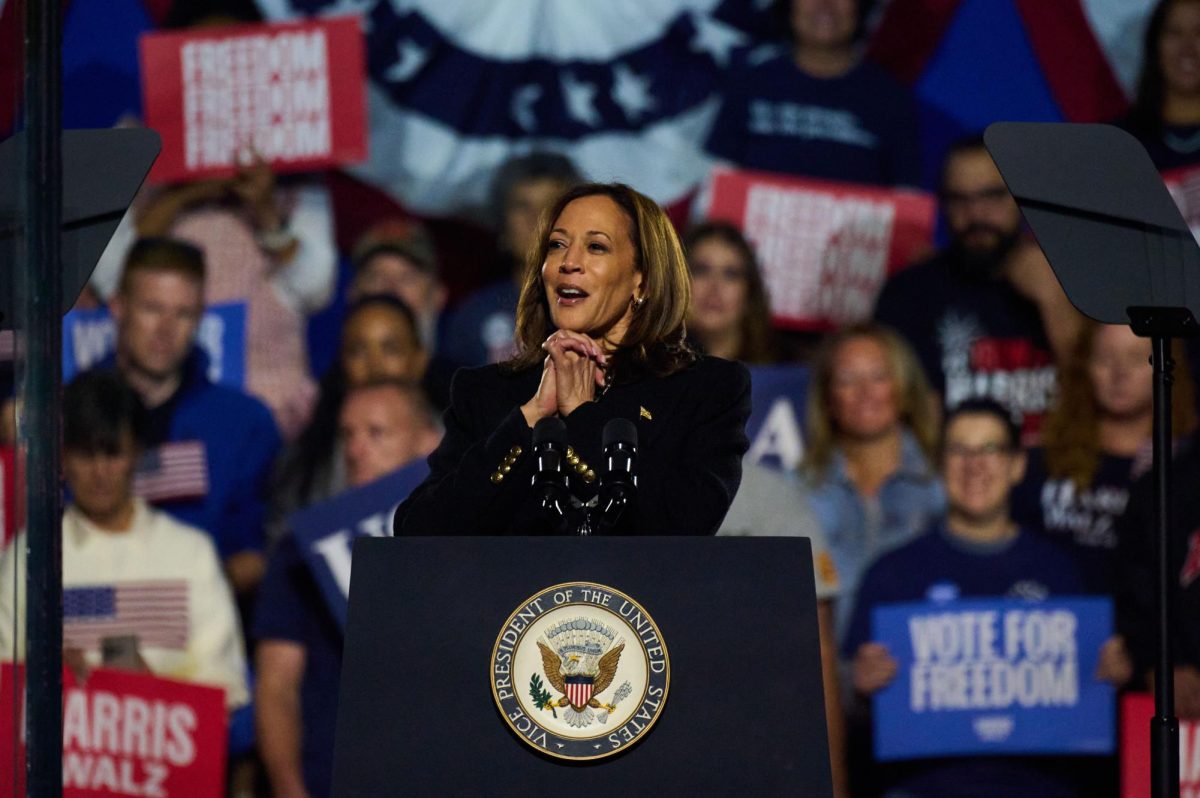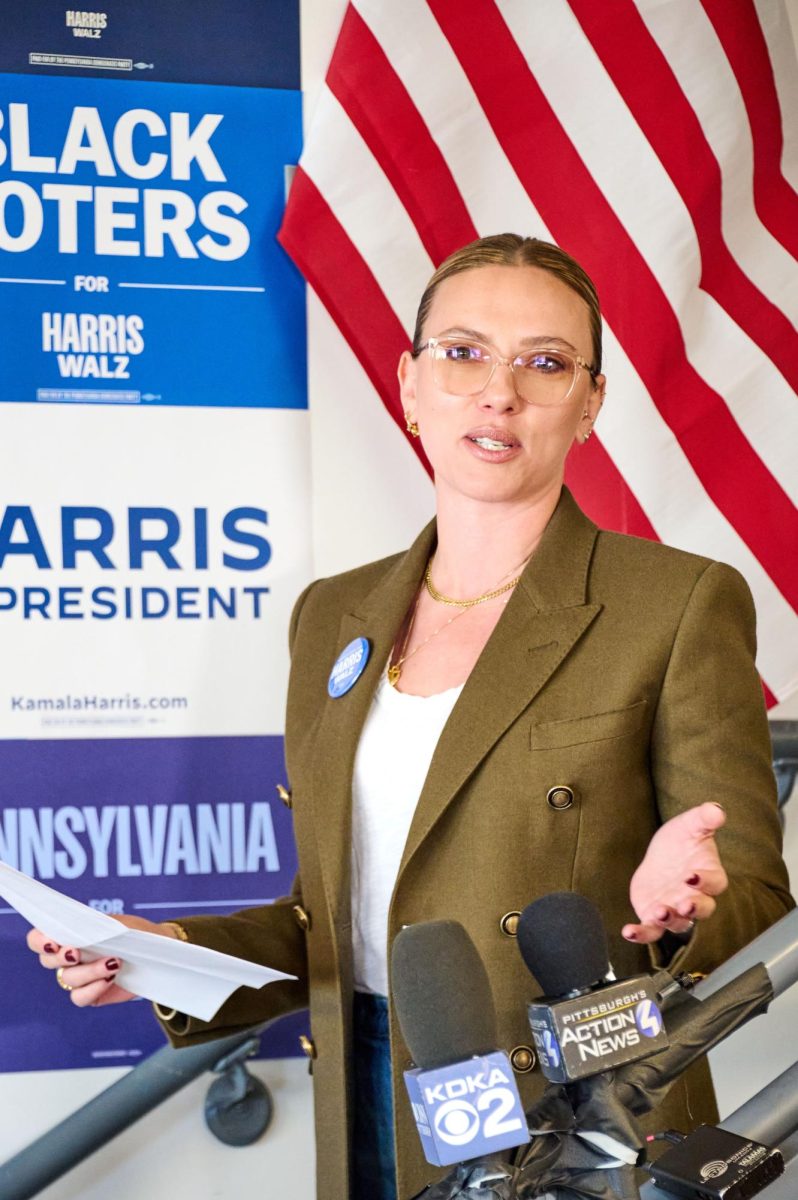
Under new leadership, Point Park’s governing body says funding of school clubs was so erratic that it is cutting the process in half to give organizations two chances per semester to request funds for events.
That means groups unsure of what they need funded at the beginning of each semester can petition the United Student Government (USG) twice each semester for funds.
“Over the past few years, it’s been…chaotic to have so many clubs trying to ask for money for an entire semester,” said USG President Julian Singleton. “It was a lot of moving around money, a lot of supplemental funding, a lot of having to change budgets in a later meeting. This kind of alleviates it.”
Previously, organizations would go to a preliminary funding meeting with USG at the start of each semester and request the funding they felt necessary for the remainder of that semester using a single Application for Petition Funds (APF) form. Clubs were then invited to a large funding meeting, where finances were allocated publicly.
Now, each semester is split into two halves. Weeks 1-7 fall under the first period and weeks 8-15 are the second. Organizations submit two APF forms to the finance committee by the third week of the semester for the first half, and the eighth week of the semester for the second half.
Instead of USG reaching out to organizations and requiring preliminary funding meetings, now the opposite is true. If clubs need assistance in the funding process, the president and treasurer of the organization requesting the funding – as opposed to a club representative – can request a meeting with USG.
Also, organizations will now have to supply USG with an itemized breakdown of their funds. For instance, if an organization is requesting $900 total for an event, it must provide a list of how that money will be spent – how much goes to food, marketing, prizes.
Clubs will still be invited to the large meeting where funds are allocated. As opposed to this occurring just once a semester, now it will be twice.
“We can take a look at their event and say, ‘Oh, you have all these things itemized. Well, it’s this kind of an event; maybe you need this as well. Or maybe you don’t need this,’” Singleton said. “It puts us in their mind – it gives us their mindset for their event. It helps us better understand what they’re trying to convey.”
Singleton said he hopes the implementation of a two-part funding process will eliminate wasteful spending.
“We found a lot of waste. People [were] asking for more than what they needed because they didn’t really know how to throw an event or what was appropriate,” Singleton said.
USG also touched on campus dining, as Point Park now has its fourth director of food services in four years.
USG plans to meet with the new director and voice student concerns such as meal exchange times, more vegetarian options and cross-contamination, nearly all of which have been brought up in previous years without any changes.
Since it is a new year and there is a new manager, Keith Paylo, Vice President of Student Affairs, made sure to remind USG members to only voice current issues, noting that the new director can’t change the past.
“You’ve got to give this whole new management system some leeway. Connect [the meeting] to what’s happening now,” Paylo said at the USG meeting on Monday afternoon.
Members of USG all voiced a similar opinion – Point Park needs consistency in dining, specifically the meal exchange times offered at Point Café, where the breakfast meal exchange option was recently eliminated.
“One of the most consistent things we’ve had was the meal exchange times,” USG treasurer Thaddeus Covaleski said during Monday’s meeting. “I was shocked whenever I heard they took away the breakfast meal exchange time.”
While USG does not have direct control over dining services staffing decisions, USG’s voice in the matter is generally taken into consideration, as USG was influential in the implementation of the breakfast meal exchange time.
USG also plans to improve its social media presence and change its reputation on campus.
In its internal budget, which was voted on in last Wednesday’s meeting, USG allocated funds to purchase polo shirts as opposed to traditional T-shirts to give members a more professional appearance at campus events.
USG Press Secretary Gabrielle Goodfellow plans to make changes to the group’s presence on social media.
“I want to make sure that it’s more up to date…and being used more frequently; everybody uses social media,” Goodfellow said. “That’s a really good way to stay in touch with everyone, so I just want to make sure everyone’s actually seeing it.”
Above all, USG wants students to feel comfortable approaching them.
“We didn’t really have a reputation before. We were kind of that club that gave money to other clubs,” Singleton said. “We’re going to try harder to just be out in the public at other organizations’ events. At the end of the day, USG is here for…the students. What can we do for you?”





